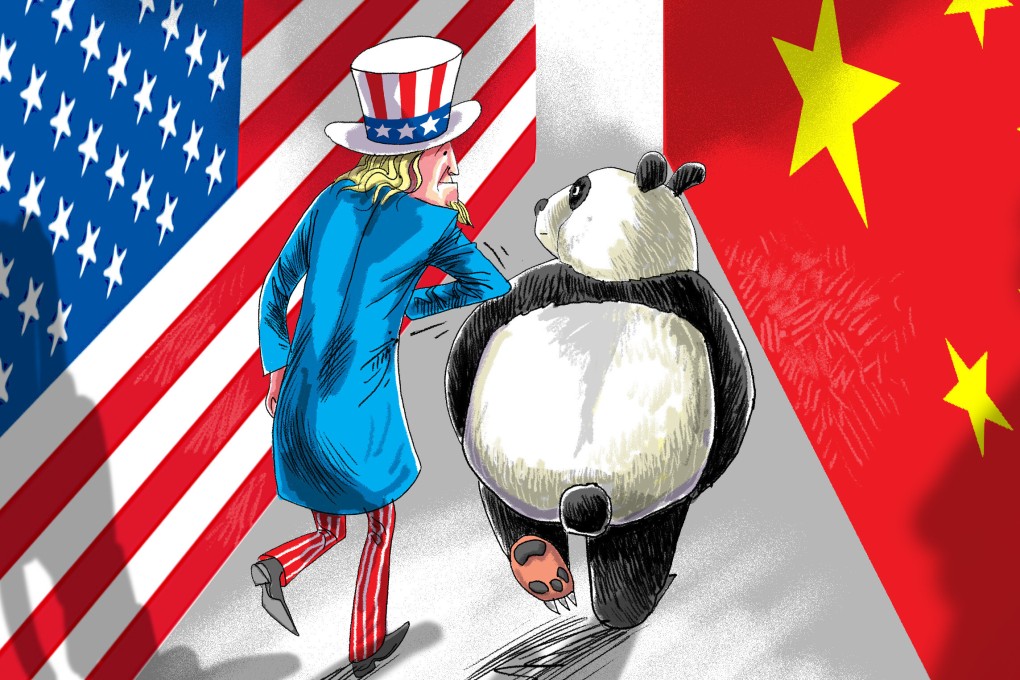Opinion | How the US can offer a realistic response to the ‘China challenge’
- China’s rise in a multipolar world must be fully acknowledged, but exaggerating its capabilities and ambition is unhelpful and possibly destructive
- Great power competition is not a strategy, and there are more subtle ways to respond, including by ‘nudging’ China through cooperation

With strong bipartisan consensus, China has become America’s arch-enemy. It is thought to be undermining the US-led liberal order, seeking to supplant the United States as the regional, if not world, hegemon. Its ideology, economic practices and assertive behaviour are trampling on the values of human rights, fair play and regional stability.
China cannot surpass the US in military sophistication, readiness and global reach. The US has a military presence in more than 80 countries and territories worldwide. It has formidable naval and missile assets in the homeland and the first- and second-island chains to deter and prevail against any Chinese aggression.
Territorial claims notwithstanding, China’s South China Sea manoeuvring is designed to safeguard its energy resources and trade against perceived American military encirclement. Globally, China’s footprint is predominantly geopolitical and economic.
Contrary to popular theories such as The Hundred Year Marathon, China would be foolish to try becoming a global or even a regional hegemon. Apart from overreaching, China’s ideology is not widely embraced. It would be far better for China to remain the world’s largest trader, manufacturer and market. Beijing has repeatedly emphasised its lack of desire for hegemony.

